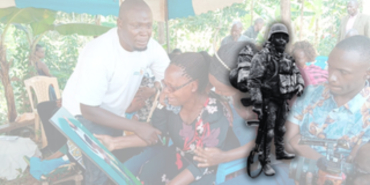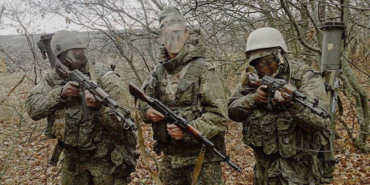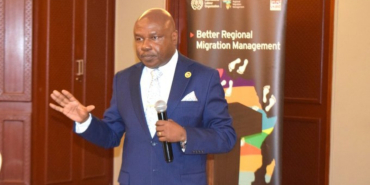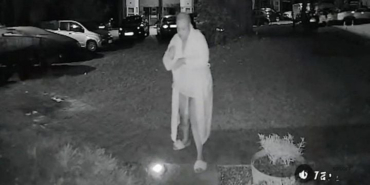Kenyan Diaspora Urged to Support Family of Caregiver Killed in Birmingham

An ongoing police investigation into the death of Irene, a Kenyan mental health carer, while on duty in Birmingham has ignited a fierce debate about the safety and protection of migrant workers within the UK's care industry.
The incident, which occurred within a client's home, has prompted calls for greater scrutiny of safety protocols, visa regulations affecting migrant families, and the systemic issues plaguing the sector. Irene's journey to the UK mirrored that of many migrants seeking better opportunities and improved prospects for their children. She accepted a demanding role in a sector chronically understaffed and often avoided by domestic workers.
Her death, however, has shattered the perceived promise of such opportunities, sparking widespread concerns. On a recent episode of Diaspora Spotlight, immigration lawyer Kevin Karue and UK-based mental health practitioner Veronica Kararwa examined the circumstances surrounding Irene’s death, highlighting critical legal and operational deficiencies that may have contributed to the tragedy.
The experts also explored potential reforms needed to prevent similar incidents in the future. Risk management failures have emerged as a primary concern. Kararwa questions whether Irene received sufficient protection within her working environment. Risk assessments and rigorous safety protocols are essential components of mental health care. Kararwa expresses concern that anecdotal evidence from industry professionals suggests that many agencies are cutting corners.
The 'lone-worker' policy, which is critical in cases involving vulnerable or unpredictable clients, requires stringent procedures such as mandatory check-ins, emergency contact provisions, and the use of coded alerts for distress situations. The absence of adequate institutional safeguards leaves migrant workers dangerously exposed, especially when assigned high-risk tasks with minimal support.
Legal ambiguities further compound the difficulties faced by migrant families. Karue explains that Irene's entry into the UK occurred under a points-based system, classifying her as an economic migrant while her children held dependent status. However, current UK immigration law lacks provisions for the dependents of a principal visa holder upon their death.
Karue emphasises the potential availability of Discretionary Leave to Remain, a legal recourse that can provide relief under compassionate grounds. Applications for this leave require substantial evidence of the children’s vulnerability, their integration into UK society, and the potential hardships they would face if removed. While offering a potential solution, the process is often complex, expensive, and emotionally taxing for families already struggling with loss.
Beyond legal considerations, both Karue and Kararwa stress the importance of community support. Karue urges the Kenyan diaspora in Britain to provide financial assistance, legal guidance, and advocacy for Irene's children. Kararwa echoes this sentiment, asserting that Irene’s death reflects broader institutional failures rather than an isolated incident.
The UK’s care industry faces persistent challenges, including chronic underfunding and increasing demand, which has led to the proliferation of private care agencies. Karue cautions that the immigration status of migrant workers, often tied to their employers, discourages them from reporting unsafe or exploitative conditions.
Information gaps also contribute to vulnerability. Migrant carers often rely on informal sources, such as social media and peer discussions, for information about employment and legal procedures.
This can lead to the spread of misinformation, increasing their risk. Karue stresses the need for qualified professional advice, saying, "What you do not know can hurt you."
Kararwa advocates for structural reforms, including mandatory compliance audits for care agencies and stronger legal obligations for employers. She notes that in well-regulated environments, carers receive comprehensive inductions, are trained to identify risks, and are equipped to respond effectively in times of threat.
Care work, while essential, remains undervalued. Carers often navigate emotionally demanding roles under physical strain and with low pay. When safety protocols fail, the consequences can be devastating.














Add new comment